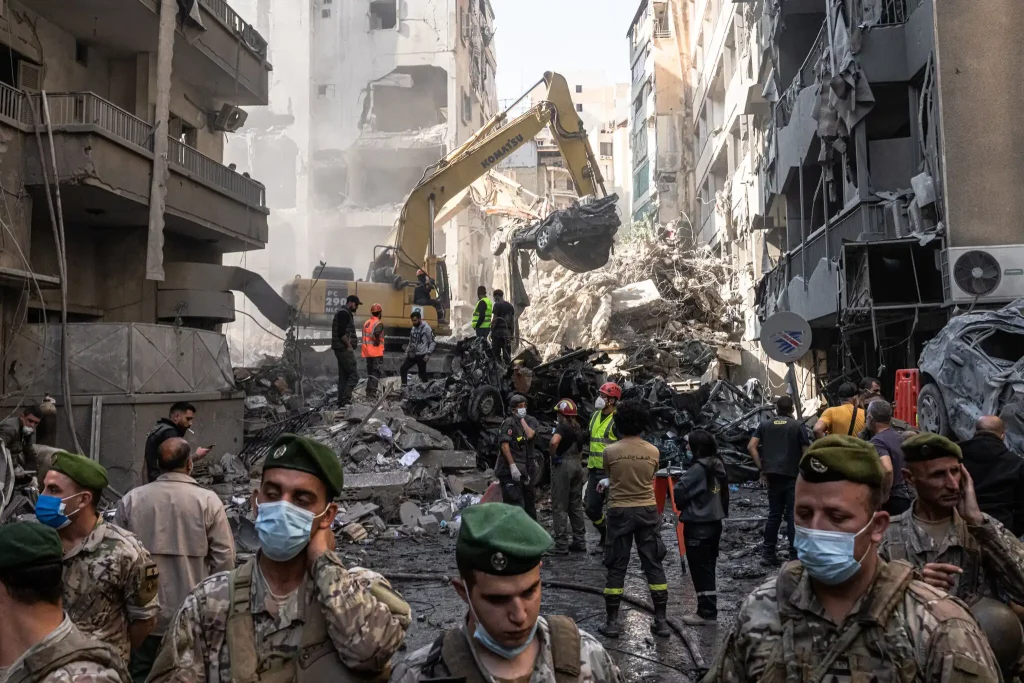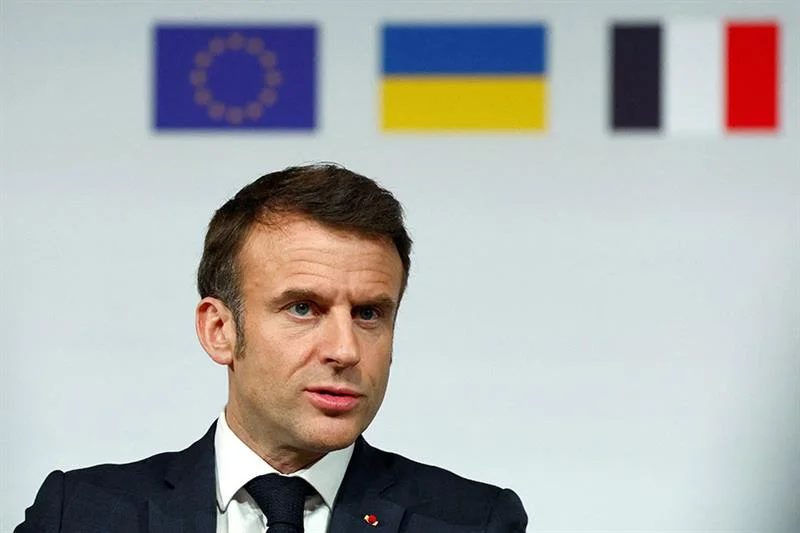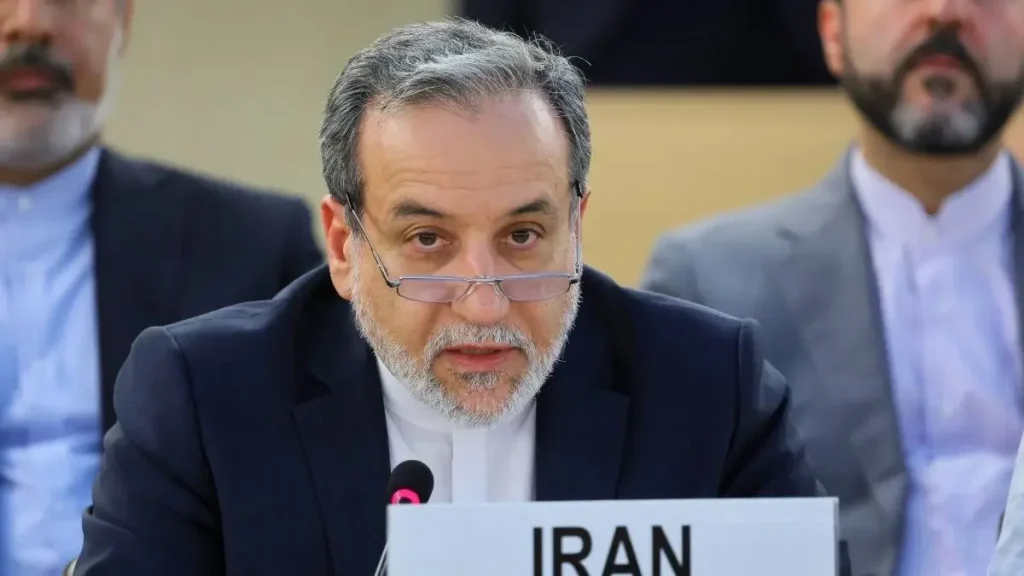A wave of lethal aerial bombardments has struck both the Ukrainian capital and southern Russia, claiming multiple lives just days before a pivotal American-imposed deadline to accept a controversial ceasefire proposal.
In Kyiv, a nocturnal barrage of missiles and drones resulted in at least six fatalities on Tuesday. Municipal officials reported that four victims were killed in the Svyatoshynsky district, while a strike on a residential building in the eastern Dniprovsky quarter claimed two more lives and left several wounded.
Simultaneously, Russian territory faced one of the most intense Ukrainian bombardments of the conflict. Authorities in the Rostov region confirmed three deaths, describing the event as a source of “great grief.”
Meanwhile, defense officials in Moscow claimed to have intercepted nearly 250 incoming drones, with regional leadership in the Krasnodar frontier describing the overnight assault as one of the most sustained attacks by Kyiv to date.
The Diplomatic Pressure Cooker
The escalation in violence coincides with high-stakes diplomatic maneuvering. Washington has set a target date of November 27 the Thanksgiving holiday for Kyiv to agree to a 28-point plan aimed at halting the conflict.
The initial draft of this proposal sparked significant alarm across Europe, as it reportedly mirrored hardline demands requiring Ukraine to cede occupied territories, reduce its armed forces, and permanently renounce NATO membership.
Ukrainian leadership has described the current juncture as a “critical moment,” weighing national dignity against the risk of losing vital American support.
Conversely, the Kremlin, which had embraced the original US proposal, has issued warnings that it will seek to seize further territory if negotiations collapse. Currently, Russian forces occupy approximately one-fifth of Ukraine.
A Revised Framework
Following emergency negotiations held in Switzerland over the weekend, the peace framework has undergone significant revision. A joint statement released after the talks announced an “updated and refined” version of the deal, explicitly stating that any agreement must uphold Ukrainian sovereignty.
Delegates from Kyiv have indicated that this new draft aligns more closely with their national priorities than the initial document.
However, skepticism remains regarding the timeline. German Chancellor Friedrich Merz has expressed doubt regarding the feasibility of finalizing such a complex deal by the November 27 deadline, suggesting that the discussions will likely be a “lengthy, long-lasting process.”
US Denies Bias
In Washington, the administration has pushed back against domestic and international criticism that the original plan favored Moscow. Officials insist that the United States is engaging both sides equally to bring the war to a close.
While the White House has denied issuing direct threats to cut off military aid should Kyiv reject the proposal, the administration has made it clear that continued support hinges on a willingness to negotiate an end to the fighting.























